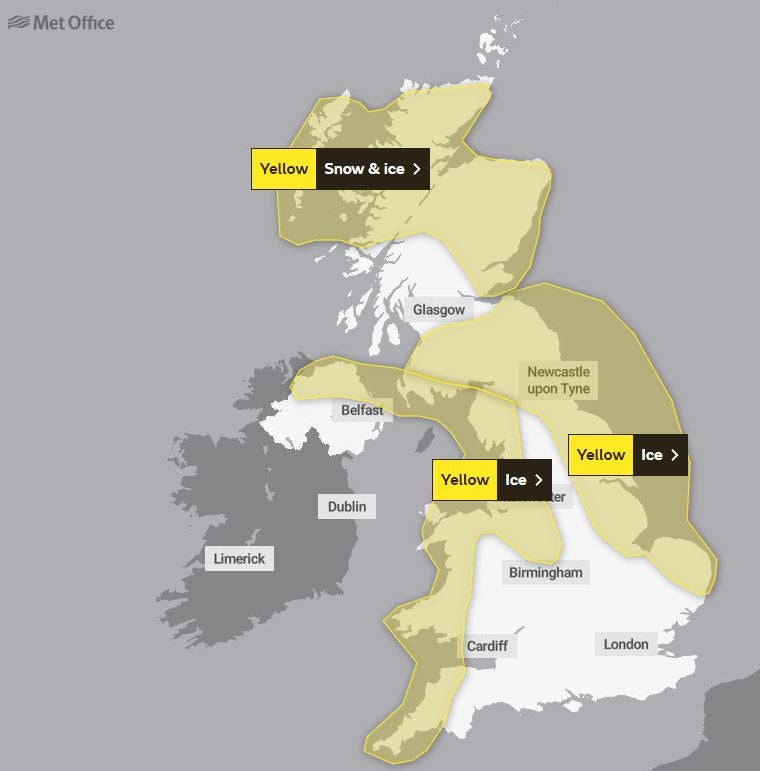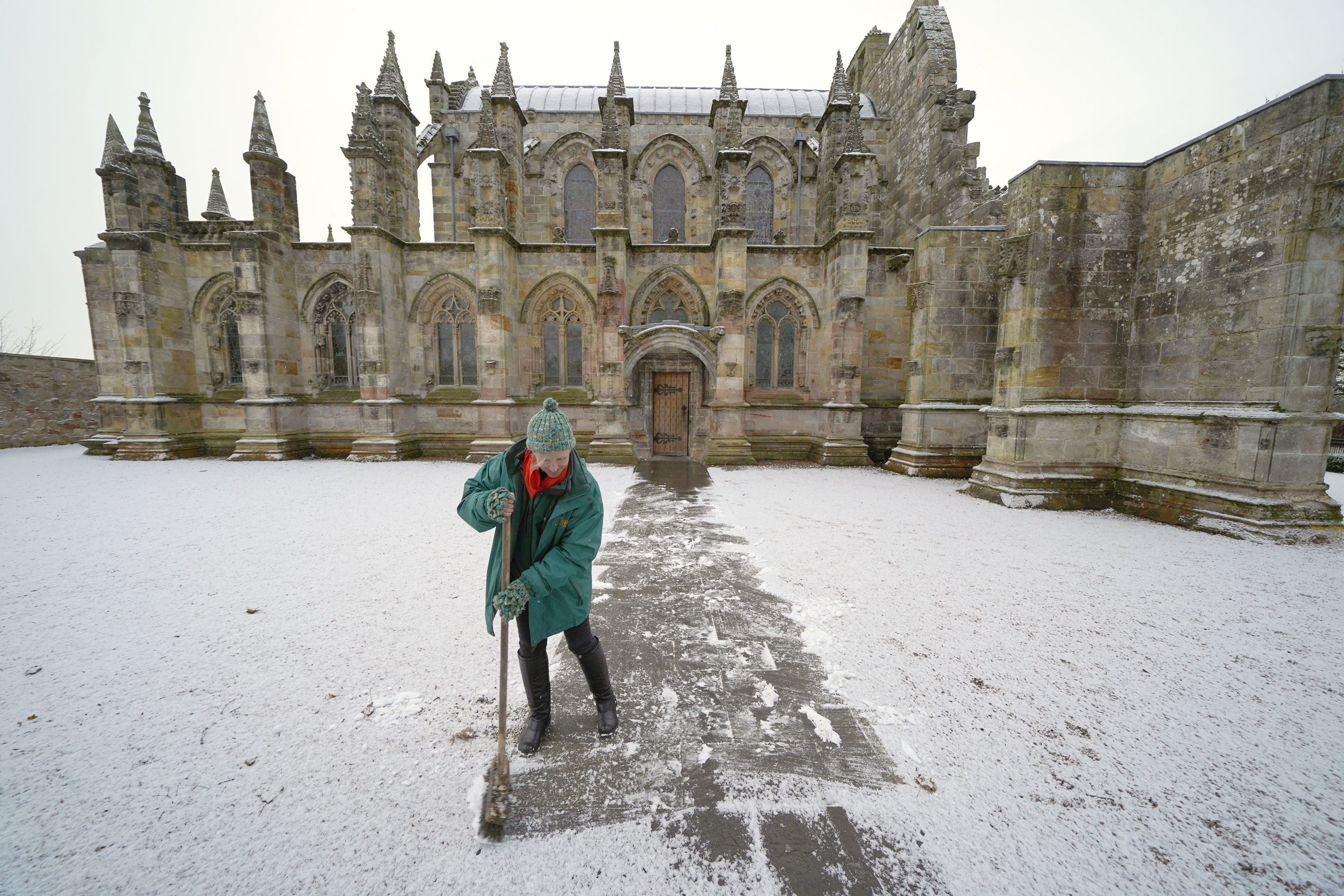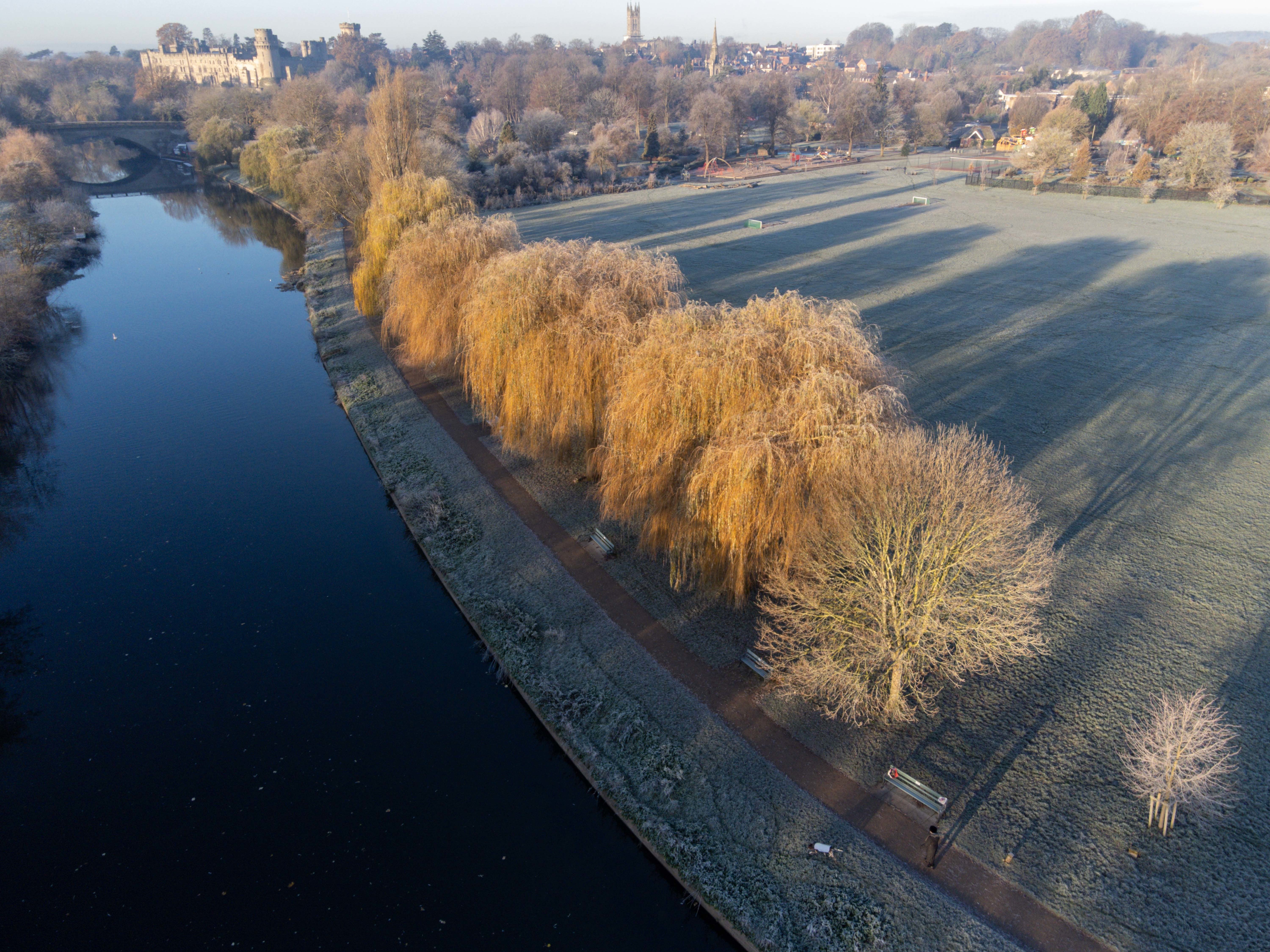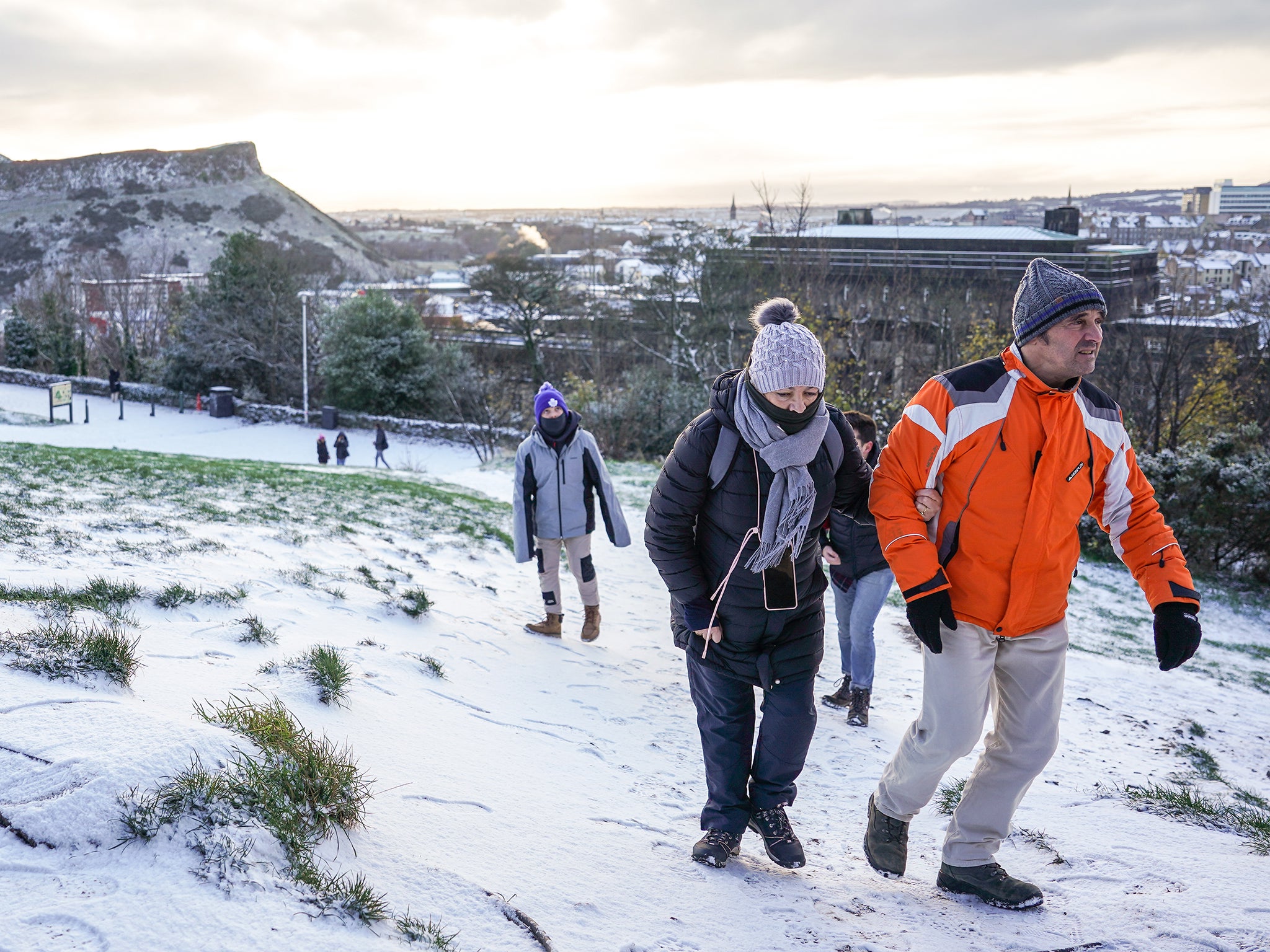UK weather: Four killed in car crashes as snow and ice warnings extended for three days
Road deaths across the country as cold snap continues
Your support helps us to tell the story
From reproductive rights to climate change to Big Tech, The Independent is on the ground when the story is developing. Whether it's investigating the financials of Elon Musk's pro-Trump PAC or producing our latest documentary, 'The A Word', which shines a light on the American women fighting for reproductive rights, we know how important it is to parse out the facts from the messaging.
At such a critical moment in US history, we need reporters on the ground. Your donation allows us to keep sending journalists to speak to both sides of the story.
The Independent is trusted by Americans across the entire political spectrum. And unlike many other quality news outlets, we choose not to lock Americans out of our reporting and analysis with paywalls. We believe quality journalism should be available to everyone, paid for by those who can afford it.
Your support makes all the difference.Snow and ice warnings will cover Britain until Sunday, as four people were killed in road collisions during a cold snap that has seen temperatures plummet across the country.
A deadly crash claimed two lives in Cornwall, while a three-car pile-up killed one in East Kilbride and a cyclist died after colliding with a car in Surrey.
The Met Office extended its yellow weather warnings for a further three days as the freezing weather threatened further hazards.

Forecasters warned motorists that wintry showers will create hazardous, icy patches on some roads over the coming days during the cold snap.
Temperatures were forecast to drop to minus 10C in rural parts overnight on Thursday, while the bulk of the country was set to wake up to 0C or below.
Highs of 4C are expected in some parts on Friday but most areas will see temperatures peak at 2C or 3C before dropping back below zero in the evening.
Icy, snowy and sub-zero conditions brought by a blast of Arctic wind are expected to last at least one week.

The sustained freezing period has triggered £25 cold weather payments for people on the lowest incomes in hundreds of postcode districts.
Eligible households receive the money after the average temperature has been recorded as, or is forecast to be, 0C or below over seven consecutive days in their area.
Cold weather payments have been triggered in areas across the northwest, including in Rochdale, Greater Manchester, in parts of the southwest, such as near Exeter, and in Nottingham in the East Midlands, among others.
Parts of Powys in east-central Wales, Oxfordshire and Herefordshire, also have affected postcodes.

Health authorities have put out their own warning over dangerous conditions. The UK Health Security Agency (UKHSA) has issued a Level 3 cold weather alert covering England until Monday.
People are advised to keep the main room in their homes heated to at least 18C where possible, with drivers warned to check their cars and carry provisions in case of a breakdown.
The Met Office said some disruption is likely, with icy patches on untreated roads, pavements and cycle paths likely to cause disruption. Some injuries from slips and falls on icy surfaces are also likely.

The public is urged to take extra care when driving or walking and to consider not cycling in icy areas.
Thursday saw Scotland’s first snowfall of the year, closing several schools in the north of the country.
Conditions in Aberdeenshire gave rise to the phenomenon of thundersnow, which occurs when thunderstorms form in wintry conditions and sometimes gives rise to heavy snow downpours.
The Met Office confirmed there had been 5cm of snow in Aboyne, Aberdeenshire, and at Althnaharra in the Highlands, along with 3cm at Dyce, near Aberdeen.
Met Office chief meteorologist Steve Willington warned there is an “increasing risk of snow as the week progresses”.
Mr Willington said: “As an Arctic, maritime airmass settles across the UK, temperatures will fall with widespread overnight frosts, severe in places, and daytime temperatures only a few degrees above freezing.
“However, the cold air from the Arctic will also bring brighter conditions, with some dry, sunny spells, particularly away from the coast and where winds are light it could feel pleasant in the sunshine. Some patchy freezing fog is also likely.”




Join our commenting forum
Join thought-provoking conversations, follow other Independent readers and see their replies
Comments